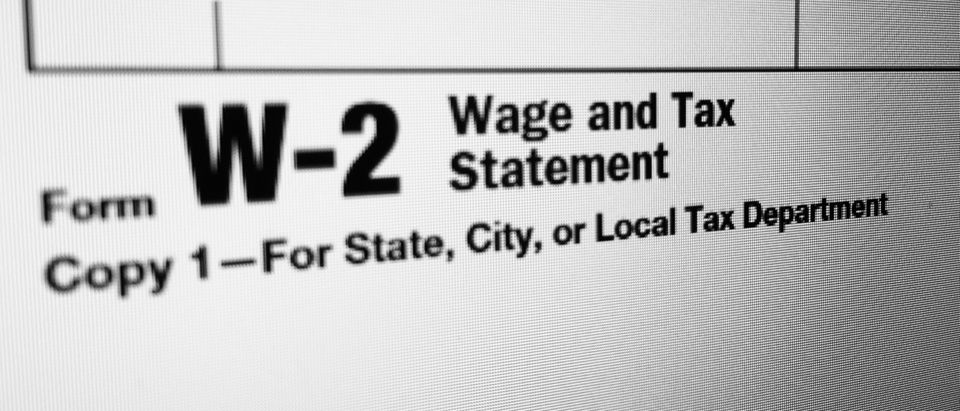Republicans’ dreams of repealing and replacing the Affordable Care Act (ACA) went down in flames on Tuesday, as the ideological factions within the Party could not reach a consensus on the true extent to which the ACA would be “repealed” and “replaced.”
The primary problem with Congressional Republicans is that they suck at messaging. Forget the actual substance of the House and Senate health care bills. There was not one time that any Republican spoke with conviction about the need to pass either of the bills. Moreover, they allowed Democrats to frame the debate in terms of people covered as opposed to affordability and quality of care, which naturally paved the way for Democrats to accuse Republicans of taking health care away from millions of people.
If the Congressional Budget Office (CBO) reports could have been used for anything it was rebutting that very argument. The CBO said that the number of insured would go down due to the repeal of the individual mandate, not some other sinister reason. Somehow that distinction got lost in the discussion. Moreover, the CBO said that, after several introductory years, the price of premiums would go down.
Whether the tradeoff between more people uninsured and lower premium prices is worthwhile is an open question for sure, but Republicans did not do themselves any favors by just sitting back and allowing an asymmetric broadside assault on their prized legislation.
Beyond the messaging failure, the entire health care overhaul was doomed from the beginning, because it was too complex. Before any bills were released, Republicans were touting that health care reform was going to be a three-phase process. The first phase entailed passing a piece of legislation that did not contain any of the components that President Trump spoke about on the campaign trail—namely, allowing insurers to sell across state lines and allowing the government to negotiate drug prices. These obvious cost savers, we were told, would have to wait until phases two and three.
Isn’t that how Washington always works, though? All of the commonsense solutions, even minor ones that could no doubt receive bipartisan approval, are always just beyond the horizon.
Since Republicans could not even defend their own health care bill, President Trump would be well served to move on to tax reform—one of the most popular agenda items among the American public.
Unfortunately, tax reform is looking like it will be another cluster you-know-what. Just look at the lede from this piece in The Wall Street Journal:
House Republicans are unveiling an ambitious fiscal plan on Tuesday to rewrite the tax code, revamp medical malpractice laws, change federal employees’ retirement benefits and partially repeal the Dodd-Frank financial regulations—all in one bill that wouldn’t require any votes from Democrats to pass.
Republicans could not even agree on one health care bill. What makes them think that they will agree on four separate items that could each constitute a standalone bill? Maine Senator Susan Collins, I predict, will oppose the bill due to the employee retirement provision. Senators Lisa Murkowski of Alaska and Shelley Moore Capito of West Virginia are no longer reliable “yes” votes after coming out against a version of the health care bill that they voted in favor of in 2015. Zero Democrats will vote in favor of anything this President does. Such a hypothetical situation would leave Senate Republicans one vote short.
This is why Republicans need to stop bundling poison pills.
The tax code rewrite alone would be a huge legislative victory for the President and the Congress. Accordingly, there is no political incentive to couple a clear win with anything the Democrats and the media can use to undercut that accomplishment.
Now, not just any tax reform plan will work. The two priorities for Republicans must be middle class and corporate tax rates.
Politicians have promised the middle class tax relief for years, but have never actually delivered in a meaningful way. Providing this kind of relief would keep an important campaign promise and directly affect the working class voters that comprise President Trump’s base.
President Trump agrees that lowering the corporate tax rate is among the most important element of any tax plan, an Administration official reportedly told POLITICO. The United States has the third highest marginal corporate tax rate in the world and the highest marginal corporate tax rate in the industrialized world, according to the Tax Foundation. Lowering the corporate tax rate would allow the United States to compete with other countries, which could prevent domestic companies from moving overseas and incentivize foreign companies to move to the United States.
While tax cuts for upper income earners might be included in the first draft of the bill, Republicans must be willing, if necessary, to shed these provisions to ensure passage of the bill. This means that those demanding ideological purity must be willing to cast a “yes” vote, even if the bill is a single step in the right direction.
As for the other things that are trying to be bundled with tax reform, they can wait, because let’s just be real, no one is a single-issue Dodd-Frank-repeal or medical-malpractice-revamp voter. But many people are tax reform voters.


